Your Dental Guide to Dentures
Dentures can provide a reasonable and affordable solution so that your smile and confidence may never be lost as you age.
Losing your teeth one way or another can be quite daunting and downright frustrating!
Luckily, there are options you can choose that will fit in with your budget, whatever that may be.
But are dentures the best option out there?
I’ll cover that and more plus find out what you can do to prevent loss of teeth in the future.
Jump to Contents
- What are Dentures?
- Types of Dentures
- Are Some Dentures Better than Others?
- Who Makes Dentures?
- Cost of Dentures
- How Long Does it Take to Get Dentures?
- Are Dentures Painful?
- How are Dentures Commonly Broken?
- What Foods Can I Eat?
- Foods to Avoid?
- Are Dentures the Best Option for You?
- What Can You do to Prevent Losing Teeth?
What are Dentures?
Simply put they are a dental appliance that replaces your natural teeth and gums.
If you have lost some or all your teeth due to disease, injury, or poor oral health, dentures can restore the form and function of your mouth.
You’ll find some dentures are removable while others are fixed in place.
Conventional
Conventional or ‘full’ dentures replace your upper and lower teeth and remain in place via suction.
They require most of your natural teeth to be removed in order for them to be attached and it can take some time for your gums to heal.
Immediate
As the heading states, these types of dentures are fitted straight away by your dentist and replace all your teeth.
Partial
Partial types are designed to replace a few missing teeth. Conventional models use metal clips or an adhesive to secure them to your natural teeth.
Your dentist may attach them to dental crowns fitted to your natural teeth or implanted into your jaw bone for greater stability.
3 Standard Materials Used for Removable Dentures
Acrylic
Your dentist will take impressions of your gums, which are then made utilising the acrylic material.
If you have receding gums or jawbone, your acrylic dentures may need to be fixed to keep them in position.
Cobalt Chrome
These dentures are more expensive than acrylic ones, but they tend to be more comfortable to wear and less likely to break.
A study found that chrome dentures are more superior in phonetics.
Nylon-Based
Flexible dentures from a nylon-based material can adjust to your mouth’s contours as you talk, eat, and smile.
They are only available as partial dentures.
Acrylic dentures are the most affordable while flexible varieties are more comfortable to wear.
Chrome is much more durable and long-lasting, saving you money in the process. Remember you get what you pay for!
Fixed kinds tend to be more comfortable and easier to get used to than removable ones.
Who Makes Dentures?
Dental technicians design restorative dental appliances such as dentures, bridges, or crowns.
Once a wax impression of your mouth has been taken, a dental laboratory is tasked to design your new smile.
Dental technicians construct them and send them back to your dentist for fitting.
Cost of Dentures
How much you pay for dentures in Australia depends on what kind you need, what materials are used to create them and your location in Australia.
For example, partial dentures will cost less than complete ones, and chrome dentures are more expensive than acrylic.
In 2018, a partial set of acrylic dentures will cost an average of $699 in Australia, while partial cobalt chrome ones are approximately $1399.
Prices can also vary from one dentist to the next, as each office has different resources.
You can use our Dental Cost Calculator to find the average cost for Dentures in your state or territory.
Simply search by selecting either, treatment, symptom or item code.
If you are pensioner, our post Dental Costs for Pensioners has good information that will help you.
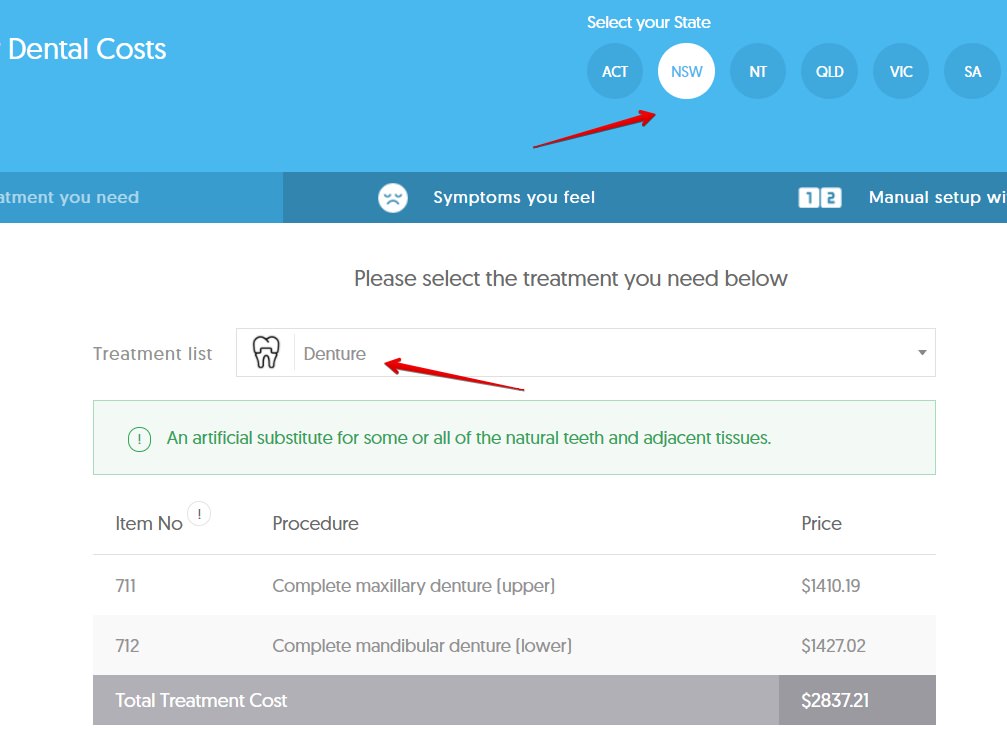
Average denture costs in NSW
How Long Does it Take to Get Dentures?
How long it will take depends on your particular situation.
If you are getting a complete set and have natural teeth that need to be extracted due to damage or decay, you will typically have to wait about four weeks for your mouth to heal.
Your dentist will then take impressions of your mouth and have the dentures designed.
If they fit, the dental laboratory will make a complete set, a process that usually takes around 30 days.
When they are ready, you will be called in for a fitting.
Should you decide that you must have teeth while you wait, ‘immediate’ dentures are available.
The process for ‘Immediate’ dentures is very similar to your conventional types in the initial stages.
Your dentist will make an impression of your natural teeth before extraction.
From there they’ll send it to a dental laboratory, and schedule a second appointment to extract the affected teeth and fit you with the dentures.
You wear them while your gums heal and shrink, so your dentures will have to be adjusted from time to time to ensure a good fit.
- Wear and tear after years of use
- Jaw shrinkage due to progressive bone loss- if your denture stops fitting correctly, the lack of stability can cause cracking or breaks.
- Accidental breakage due to biting on hard food or dropping the appliance
Depending on the nature and extent of the break, your denture can be repaired quickly during a single office visit.
Other times, a dental lab will need to examine, for more extensive repair.
Are Dentures the Best Option for You?
While they can restore a damaged smile, some people feel insecure about wearing them.
Another drawback is that they can move around inside your mouth, causing rubbing and irritation.
Feeling older than we do is never a good thing, and some people have complained about this very fact.
If you don’t feel comfortable about getting dentures, there are some great alternatives for restoring missing teeth.
Yes, these options below may cost more, but the jury is out.
You’ll definitely appreciate the advantages of these different ways to secure your smile!
Dental Implants
Dental implants are titanium ‘roots’ inserted surgically into your jawbone.
They anchor your replacement teeth, presenting a natural-looking and durable alternative to dentures.
Bridges
These restorations typically consist of a false tooth fitted between two crowns.
Secured by adhesives, neighbouring teeth, or implants, removing them is only achieved by the help of your dentist.
Dental bridge work provides added security, so there is no danger of the appliance being dislodged or falling out.
Over-Dentures
Over-dentures can be used when you have lost most, if not all, of your teeth.
They are fixed in place by remaining teeth or dental implants, making them more stable and natural-looking.
Dental Hygiene Routine
Brushing and flossing your teeth are fundamental in preventing a wide range of problems occurring within your mouth.
A consistent, thorough dental hygiene plan will bring many benefits.
Even if you have to shorten your routine such as a minute in the morning and then again in the evening is much better than nothing at all, or worse skipping days altogether.
4 Things to Remember to Prevent Tooth Loss
#1 Brush your teeth at least twice a day.
This will keep plaque build-up to a minimum and reduce any hint of foul breath odours that can occur after drinking coffee or smoking.
Think of a dental hygiene routine in 2 parts.
#2 Floss or using an interdental brush at least once a day
This is the other important part of oral hygiene which gets in between your teeth where a toothbrush can’t.
#3 Drink Water
Often overlooked, drinking plenty of water is really important.
By being well-hydrated, your body is at its optimum level, cleaning and protecting it from the daily grind.
#4 Breathe Properly
Mouth breathing is known to dry out your mouth which reduces saliva.
When this happens, it will alter and reduce the positive effects that saliva produce.
Remembering or focusing on breathing through your nose will help improve and retain saliva levels, keeping your mouth the way it should be.
Saliva is your first line of defence against infection within your mouth.
Conclusion
With so many dental choices out there it is advisable to do your research when you are thinking about dentures.
They are much more affordable than other types on the dental market but can and often do cause some discomfort, movement and irritation.
If you are still deciding and you have the funds, speak to your dentist about all options including dental implants or bridgework.
With that said though, dentures do have a place in the dental world, and they do offer a cheaper way to get that smile of yours back.
Have you had dentures and have a story to tell? We’d love to hear about it
By Dr. V
Created at April 13, 2018, Updated at January 25, 2025
Sorry, the comment form is closed at this time.


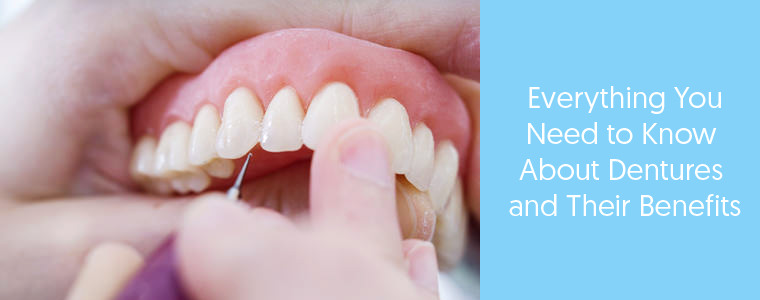
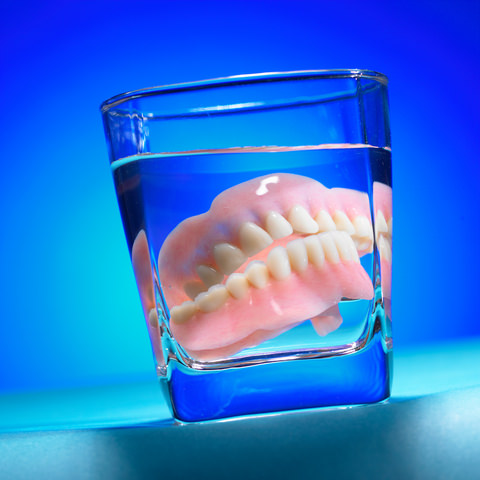
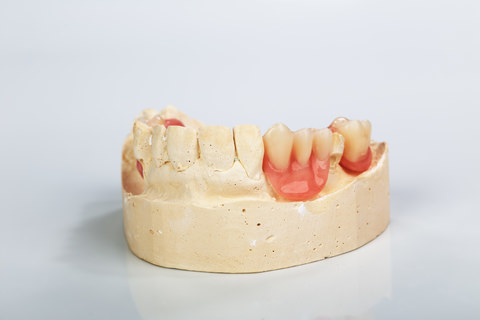

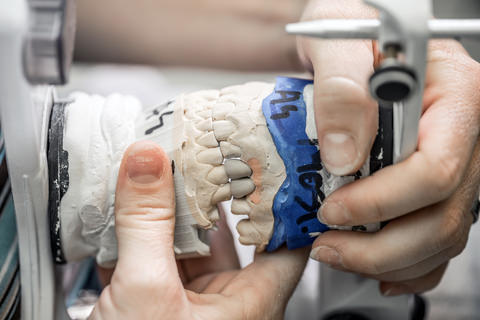


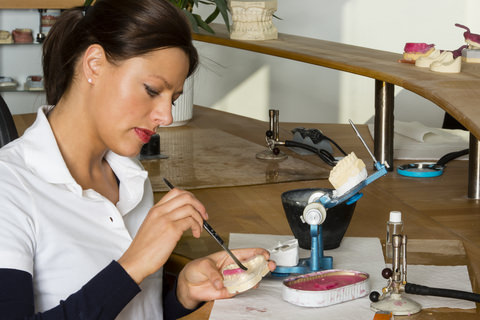

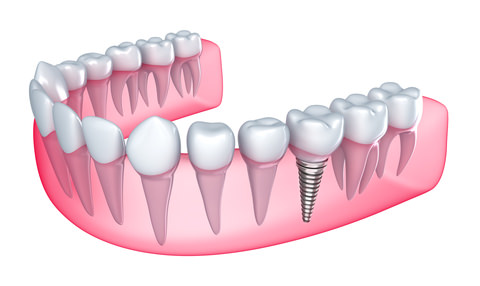
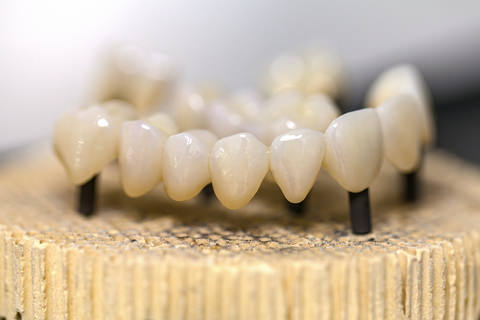
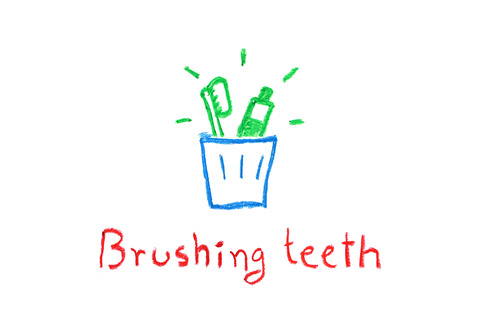
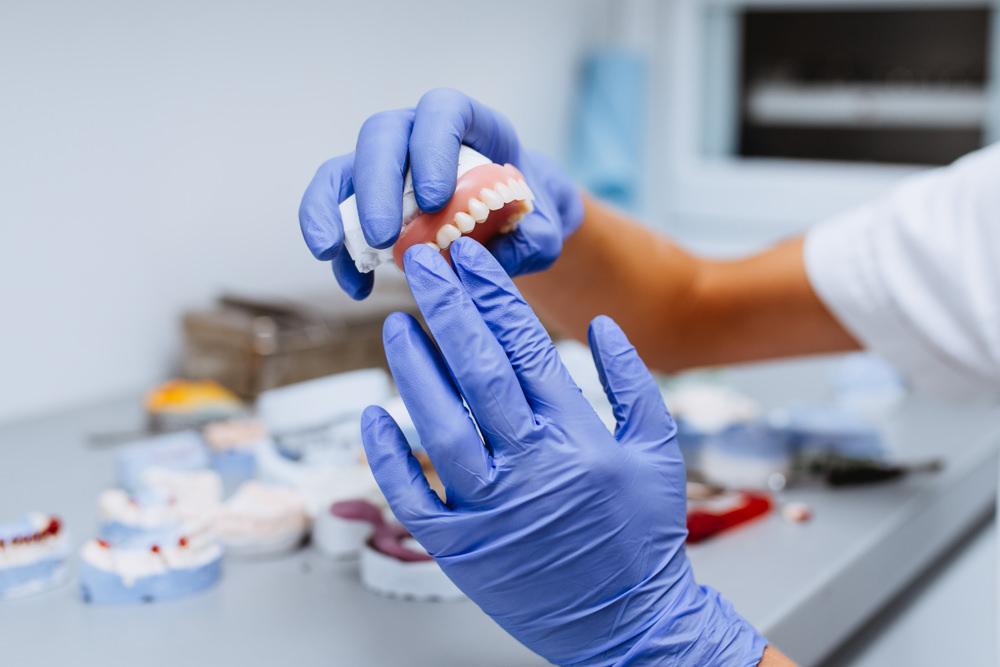

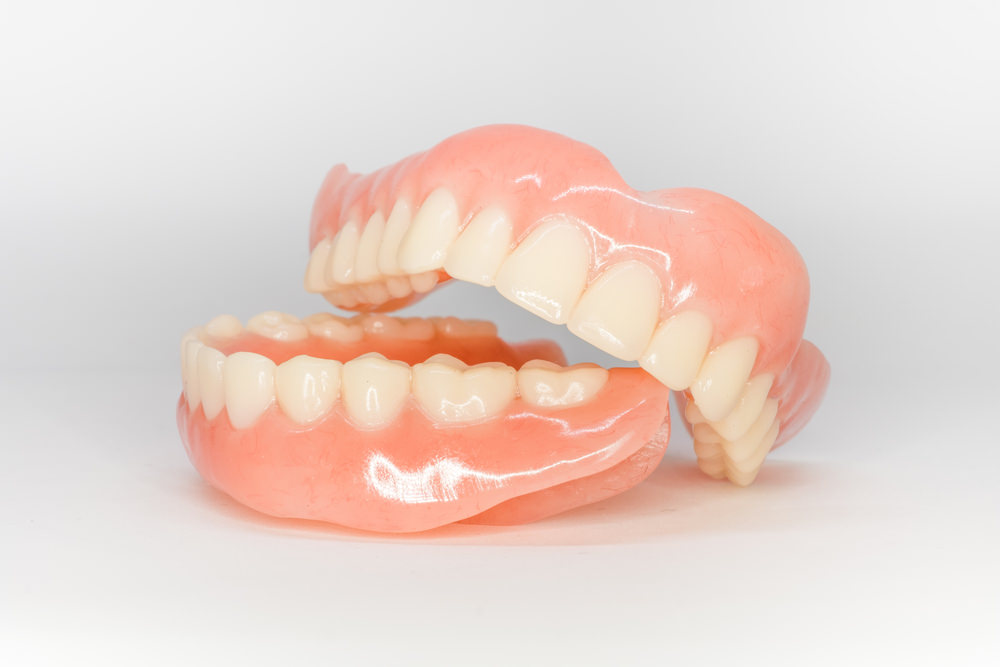
Denture Adhesive7 years ago
If you need denture cream, only the best will do! Secure Denture Adhesive, for Zinc free denture cream with 12 hours of holding power. The best is only a click away!
Dental Aware7 years ago
Thanks for letting us know!